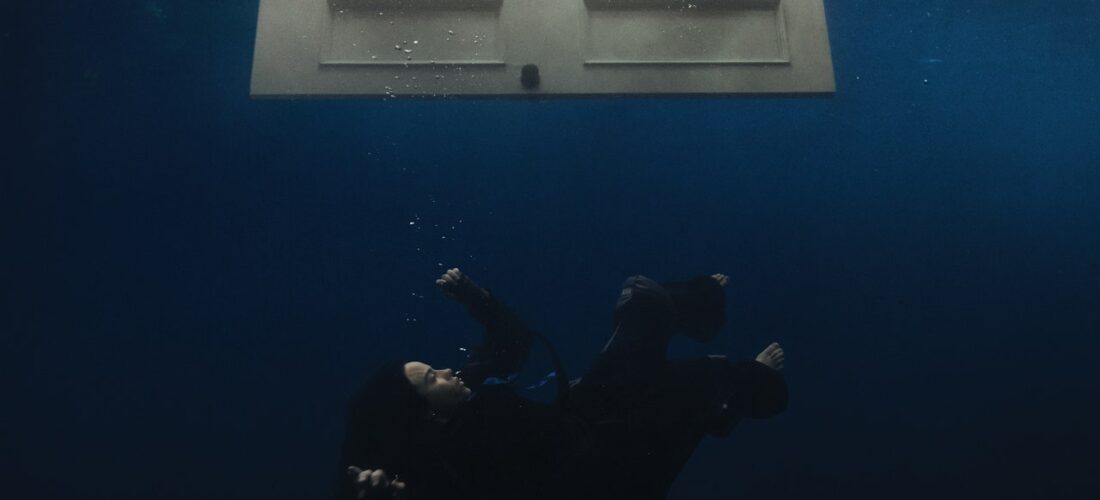This is the least we’ve known about Billie Eilish going into an album. For years, the star’s journey was documented in yearly Vanity Fair interviews and candid documentaries; even Carpool Karaoke visited Eilish’s childhood home, where she still lived until recently. That seeming lack of boundaries between the pop star and her audience is increasingly standard for megastars, but Eilish’s intimate music made her a particularly strong candidate for parasociality. Her 2021 album, Happier Than Ever, was largely a response to public scrutiny, more reserved and mature than her 2019 debut, When We All Fall Asleep, Where Do We Go? In the ensuing years, Eilish kept a low profile, surfacing every now and then to soundtrack a Pixar film or win an Oscar before retreating to work on the next record.
To hear Eilish say it, the goal for HIT ME HARD AND SOFT was making an “album-ass album,” citing Coldplay’s Viva La Vida and Vince Staples’ Big Fish Theory as influences. Those records are also ambitious pop mini-epics where established artists show off their range, but there’s usually an outsider like Brian Eno or SOPHIE to get the musician out of their comfort zone. With Finneas once again at the helm, HMHAS is more of the same. For the first time, Eilish’s live drummer Andrew Marshall is on board, as well as the Attacca Quartet, playing arrangements orchestrated by Finneas and the prolific David Campbell. Never one to subscribe to a single genre, Eilish flits from minimalist trance to massive stadium rock, and the album has the same dense vocal layering and inventive percussion that make Finneas one of the most excessively documented producers in pop. But there’s no true swerve, just bigger versions of what they’ve already made—even Coldplay dabbled in shoegaze! What experimentation exists here demonstrates the siblings’ strengths and limitations as they enter their third project together, but it’s diminishing returns.
Thematically, HMHAS focuses mostly on falling out of love with a narcissist (as documented on “Blue”) and falling in love with a woman for the first time. Opener “Skinny” teases another record about the perils of fame, in the vein of Happier Than Ever, and it’s hard not to blame her: When Eilish casually confirmed her bisexuality in a larger Variety profile, that’s all the press wanted to talk about. When it’s addressed on the album, it’s on her own terms, as if the years of insensitive “queerbaiting” accusations never happened. It’s hard to stand out in the age of Spotify-sanctioned sapphic playlists, but “Lunch” is delightful for its matter-of-fact sexuality and the record’s best line deliveries: “I bought you something rare/And I left it under… Claire.” Though the syncopated piano and guitar riffs recall the most generic of 2010s alt-pop, Eilish maintains her irreverence with double entendres and zilch-entendres (“I just want to get her off,” she mumbles). The “Last Christmas” chord progression of “Birds of a Feather” feels engineered to soundtrack wistful coming-of-age stories, and sure enough, you’ll find it in the trailer for the wistful coming-of-age Netflix show Heartstopper. Both these songs are uniquely effervescent departures in her catalogue, but they never sound like a pop star playing catchup to pop radio—just the earnest enthusiasm of someone falling in love.
